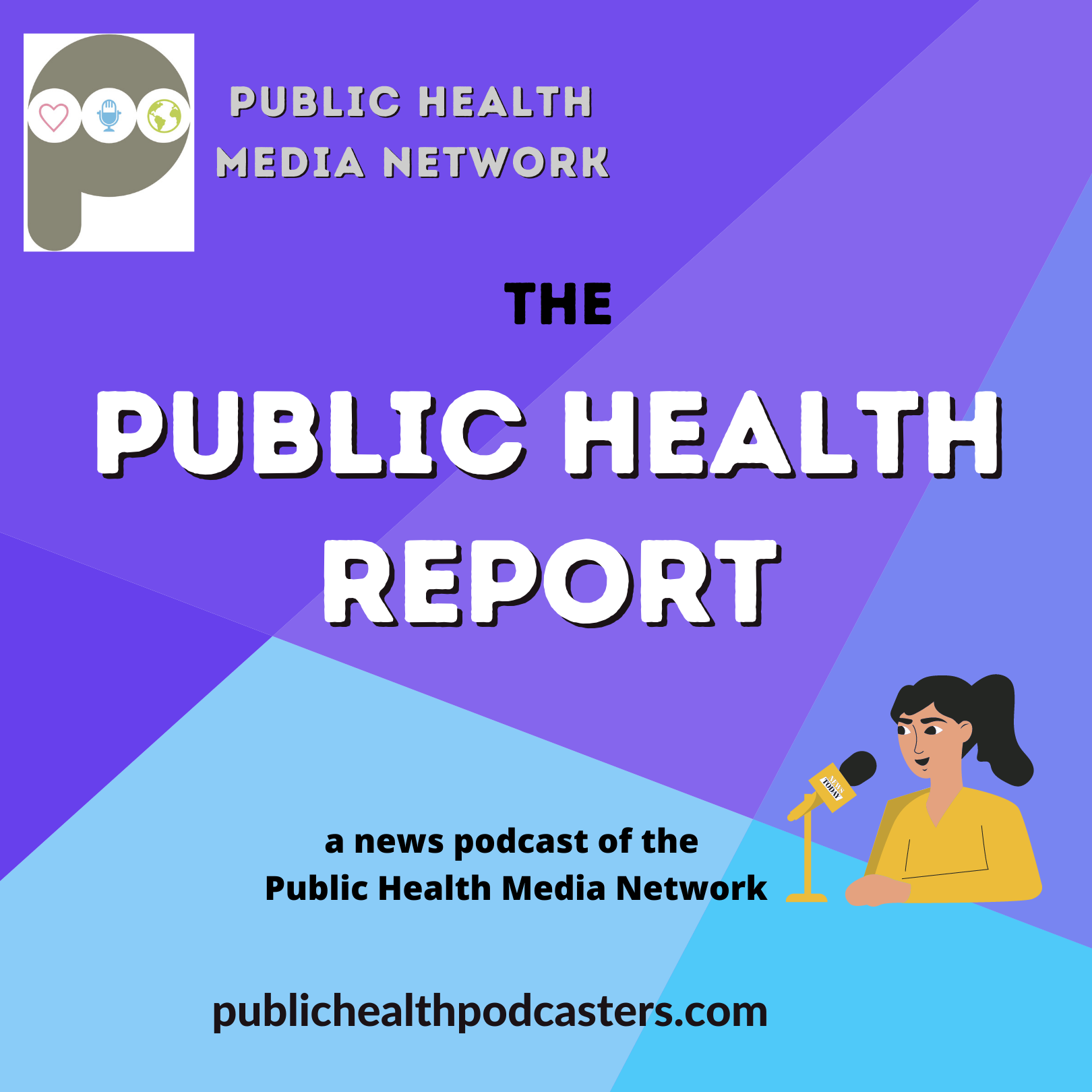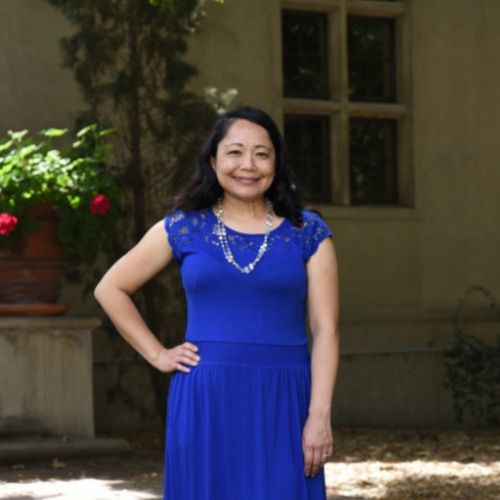Episode 17: Resistance to Mental Health Services in BIPOC Communities, with Stefan Adams
In this episode our host Stefan Adams discusses BIPOC resistance to mental health services.
Mental health resistance can result from a variety of issues and challenges from access to health services, to the stigma of asking for help, as well as provider bias and the damaging effects neglect and perceptions about the BIPOC and particularly for the Black community.
Stefan shares the challenges as well as the resources available to access mental health in a culturally competent process.
References:
Health Care in BIPOC Communities: Closing the Gap:
Mental Health Challenges in African American Communities:
https://namica.org/mental-health-challenges-in-african-american-communities/
BIPOC Mental Health Resources:
Learn More about the Public Health Podcast Network: https://publichealthpodcasters.com
Transcript
One study showed that 63% of black people believe that a mental health condition is a sign of personal weakness. As a result, people may experience shame about having a mental health, illness and worried that they may be discriminated against due to their condition. And for many in the black community, it can be incredibly challenging to discuss the topic of mental health due to the concern about how they may be perceived by others. This fear could prevent people from seeking mental health care when they will The needed the resistance to mental health care isn't solely from stigmas. But it's also from the lack of trust and provider or because of provider bias and inequality of care. bipoc communities particularly black communities, according to this article, have historically been negatively affected by prejudice and discrimination and health care system in the US. And unfortunately, many black people still have these negative experiences when they attempt to seek treatment provide a provider of bias, both conscious and unconscious. And a lack of cultural competency can result in misdiagnosis and inadequate inadequate treatment. This ultimately can lead to mistrust of mental health professionals and create a barrier for many to engage in treatment. I have witnessed this personally firsthand, working within the community where we'll try to provide a service for people who struggle with mental health issues or even you just give them basic knowledge about where to find support for mental health challenges. And a lot of the time, community members weren't receptive to the information because stated that they didn't trust or that there was a lack of trust of medical professionals or even community health workers, public health workers providing them with information because of various reasons. Data shows and one of n a m i. Recent reports on diverse communities in the survey that only 12.5% of people who identified as African American or black are comfortable talking about their health or mental health, with close friends, family and community members, compared to 67% of those who identified as white. To help bridge this gap in bipoc. Community it suggested that people who do want to seek out mental health services find a culturally competent provider as well if there's still a lack of trust and that they can seek help from their primary care physician or from a community and faith based organizations that may provide them with a list of trusted mental health providers in the area.

